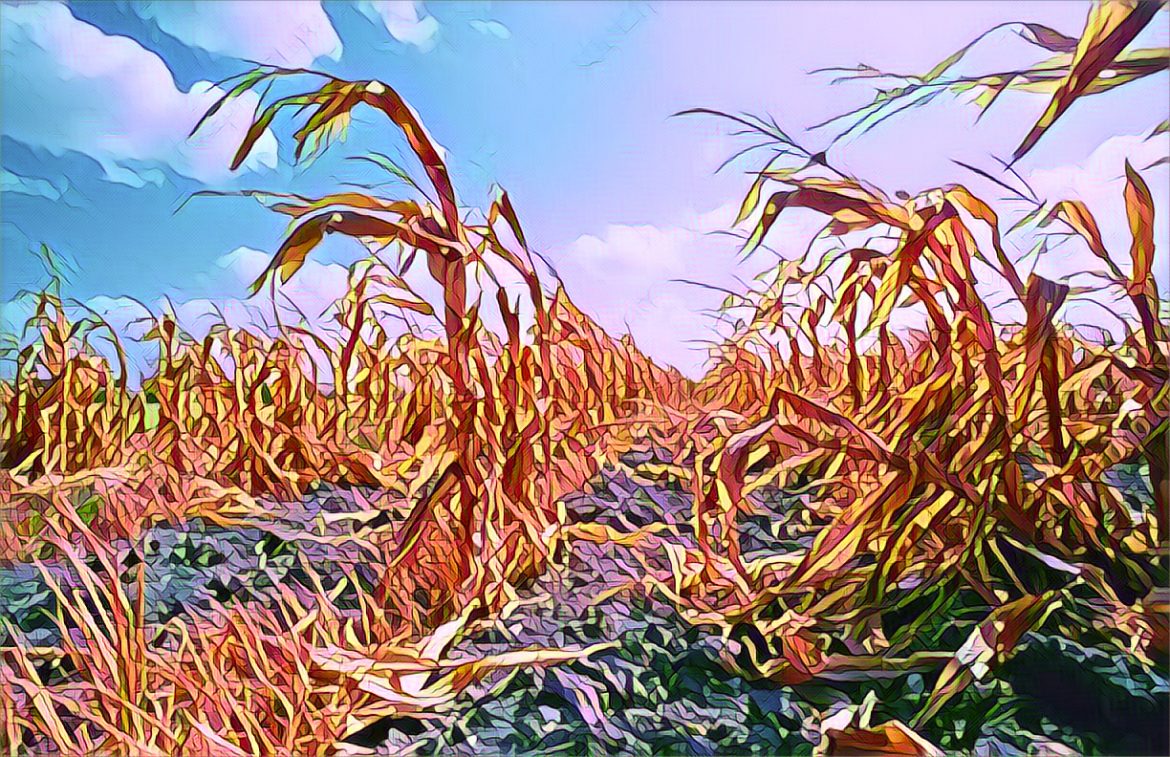Zimbabwean farmers are embracing no-till farming, a practice that minimizes soil disturbance and helps retain moisture and carbon, as a way to cope with the effects of climate change. The country expects to harvest 2.28 million metric tons of maize this year, enough to meet its annual consumption, thanks to the adoption of this climate-resilient technique.
No-till farming involves planting seeds directly into the soil without plowing or harrowing, which reduces soil erosion and water loss. It also enhances soil biodiversity and fertility, decreasing the need for chemical fertilizers that emit greenhouse gases.
Zimbabwe is one of the countries worst affected by the El Nino weather pattern, which causes droughts and floods in different parts of the world. The country has struggled to feed itself in recent years, as consecutive poor rainy seasons have devastated crops and livestock.
Last December, during an extended spell of dry and hot weather conditions, Finance Minister Mthuli Ncube said Zimbabwe’s maize harvest could be halved to 1.1 million tons in 2024 due to an El Nino-induced drought. El Nino, a natural climate phenomenon in which surface waters of the central and eastern Pacific become unusually warm, causing changes in global weather patterns, is expected to hit crop yields during the 2023/24 farming season.
However, rains received during the second half of December and throughout January revived Zimbabwe’s hopes for a good harvest. Smallholder farmers, who produce most of the country’s maize, doubled their planted area to 744,588 hectares in the 2023-24 season, from 366,706 hectares previously, according to government data.
“This is a reflection that farmers are adopting the recommended climate-proofing interventions, especially during the El Nino condition,” the cabinet said in a statement released late on Tuesday.
Zimbabwe is not alone in facing the challenges of climate change. According to the United Nations, more than 2 billion people live in countries experiencing high water stress, and about 4 billion people experience severe water scarcity during at least one month of the year. Climate change is expected to worsen these situations, as well as increase the frequency and intensity of extreme weather events such as droughts, floods, and storms.
Many countries are looking for ways to adapt to the changing climate and mitigate its impacts. No-till farming is one of the solutions that has been promoted by various organizations, including the Food and Agriculture Organization (FAO), the World Bank, and the International Maize and Wheat Improvement Center (CIMMYT).
According to FAO, no-till farming can increase crop yields by 10% and reduce production costs by 30%. It can also sequester up to 1.2 gigatons of carbon per year, equivalent to about 15% of global fossil fuel emissions.
No-till farming is not without challenges, however. It requires specialized equipment, such as planters and herbicides, that may not be readily available or affordable for small-scale farmers. It also takes time for the benefits of no-till farming to become evident, as soil quality and structure improve gradually.
Zimbabwe’s Deputy Agriculture Minister Vangelis Haritatos told Reuters that the government is supporting farmers with inputs and training to adopt no-till farming. He said the country is also implementing other measures to reduce the impact of climate change, such as water harvesting, irrigation, and crop diversification.
“We are confident that with these interventions, we will be able to achieve food security and nutrition for our people,” he said.
Zimbabwe’s no-till farming revolution is an inspiring example of how farmers can adapt to climate change and improve their livelihoods. It also shows how innovation and collaboration can help address one of the most pressing challenges of our time.
Source: Reuters


